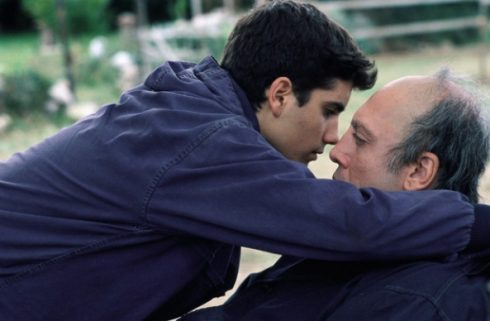SPAIN has become the fourth country in the European Union to legalise euthanasia.
Parliament has given final approval for a bill this afternoon (March 18) which allows people with ‘serious and incurable’ diseases or a condition which is ‘chronic or incapacitating’ and causing ‘intolerable suffering’ to request help to die.
The legislation, which will take effect in June, has been called ‘essential’ by the leftwing and centrist parties who back it.
The move will see Spain become the fourth country in Europe to decriminalise assisted suicide, alongside the Netherlands, Belgium and Luxembourg.
There will be strict conditions that must be met before a patient can choose to end their life, including being a Spanish national or legal resident and being ‘fully aware and conscious’ when they request the procedure.
The request to end their life must be submitted twice, 15 days apart and must be approved by a second medic and an evaluation body.
Requests can be turned down if they do not meet the criteria set out.
It comes as of Spaniards, who have the world’s fourth-highest life expectancy, voted in favour of decriminalising the practice in 2019 opinion poll.

The bill follows growing public pressure generated by several high-profile cases, most famously the case of Sampedro, a man who became tetraplegic after breaking his neck and fought an unsuccessful 30-year court battle to end his own life with dignity.
He passed away in 1998 with the help of his friend Maneiro, and the Oscar winning movie The Sea Inside, starring Javier Bardem, was based on his fight to die.
However euthanasia legislation has long been criticised by the Catholic Church and Spain’s rightwing parties.
The Episcopal Conference, which groups Spain’s leading bishops has accused the government of going from ‘defending life to being responsible for causing death’.









